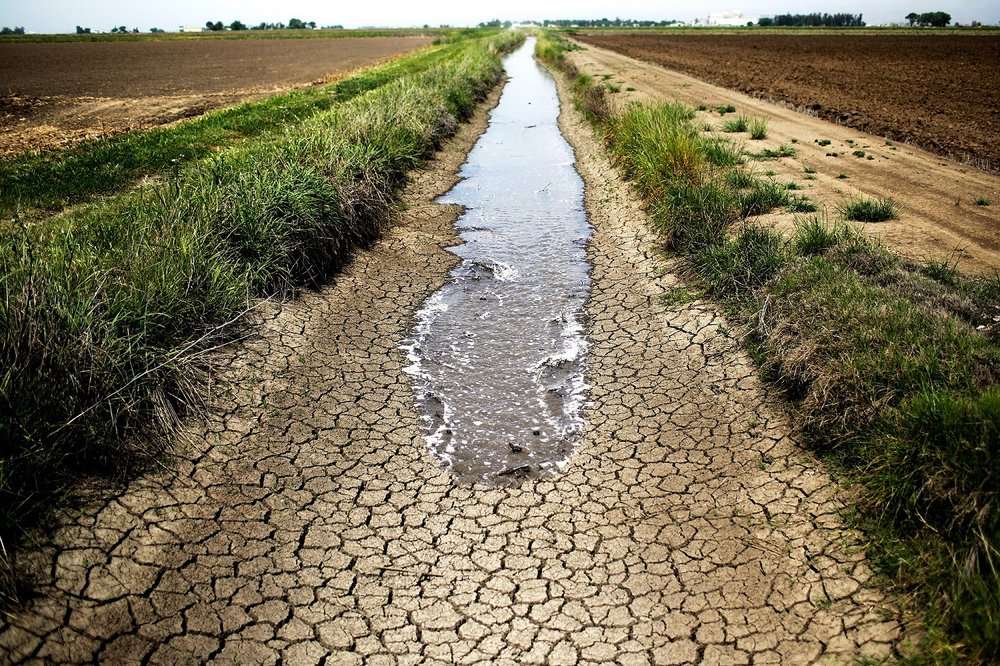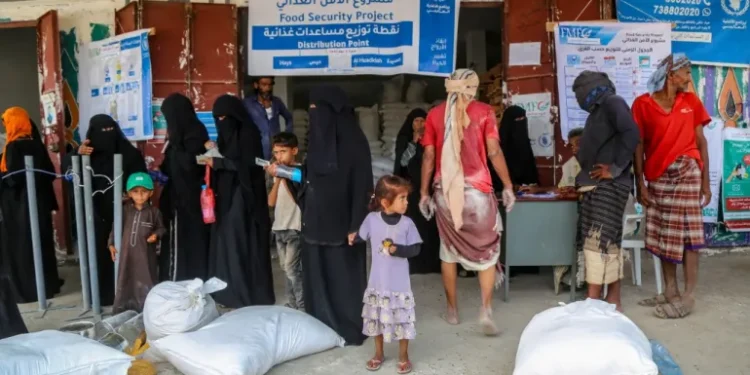Zambia’s President, Hakainde Hichilema, on Thursday, February 29 took a significant step in addressing the ongoing drought crisis gripping the nation by declaring it a national disaster.
In a crucial address to the nation on Thursday afternoon, President Hichilema revealed the stark reality: a staggering 84 out of Zambia’s 116 districts are feeling the harsh impacts of this prolonged drought.
The situation however raised concerns about potential food shortages and energy deficits.
Zambia depends heavily on water sources for generating electricity, particularly from the Kariba Dam, which it shares with neighboring Zimbabwe.
With the water level hovering around a mere 11.5% of usable storage as of December last year, the country faces a significant challenge in meeting its power demands.
President Hichilema emphasized that the drought’s impact could lead to a shortfall of over 450 megawatts of power.
He said the dry spell affected almost half of the land used for planting crops.
Furthermore, President Hichilema affirmed his government’s commitment to addressing the food deficit by facilitating the importation of additional maize and other food items into the country.
He said he would use Zambia’s defense forces “in this fight to save our lives and save families and create a longer-term solution to drought”.
“We will work together to get together farmers to plant more crops. We shall also enhance the social support programs for the farmers that have been affected by the drought,” he said.
“We call upon all our local and international partners to avail any excess food on hand to provide relief. Some partners have already extended their commitment to offer their support, such as the British, the UN system, the World Bank Group and others.”
President Hakainde Hichilema
He urged farmers to adopt irrigation methods as a coping strategy for the ongoing dry spell, emphasizing the importance of resilience during this challenging period.

Approximately one million farmers in Zambia were impacted by the prevailing drought conditions.
In a collaborative approach to address the crisis, President Hichilema pledged that his government would actively engage with various stakeholders, including opposition politicians and the church.
Recognizing the need for a united front in tackling the effects of the drought, the President underscored the importance of a concerted effort from all sectors of society.
This inclusive strategy aims to pool resources and expertise to alleviate the hardships faced by the affected population.
Current Challenges and Implemented Interventions
Despite the government’s efforts, the agricultural sector remains primarily focused on subsistence-level farming.
Land productivity and water use efficiency are low, hindering sustainable growth. The government implemented expensive subsidy programs to support seed and fertilizer purchases, but challenges persist.
Also, the reliance on rain-fed agriculture exacerbated the impact of drought, affecting both crop yields and food security.
Livestock, another critical livelihood asset, faced water scarcity and inadequate grazing areas during prolonged dry spells.
The drought not only affected agriculture but also had broader economic and social consequences. Reduced agricultural output led to higher food prices, affecting affordability and access for vulnerable populations.
Moreover, the Disaster Management and Mitigation Unit (DMMU), a statutory Government Department under the Office of the Vice President, plays a crucial role in addressing disaster-related challenges in Zambia.
Recently, the DMMU received funds amounting to US$ 5.3 million as insurance to be used specifically against the effects of drought.
Last year, the Zambian government, in collaboration with international organizations, launched the ZADMS to provide support to drought-affected communities.
Some measures included food and water aid, implementing drought-resistant crops, and promoting water conservation methods.
READ ALSO: Africa’s Freedom Under Siege























